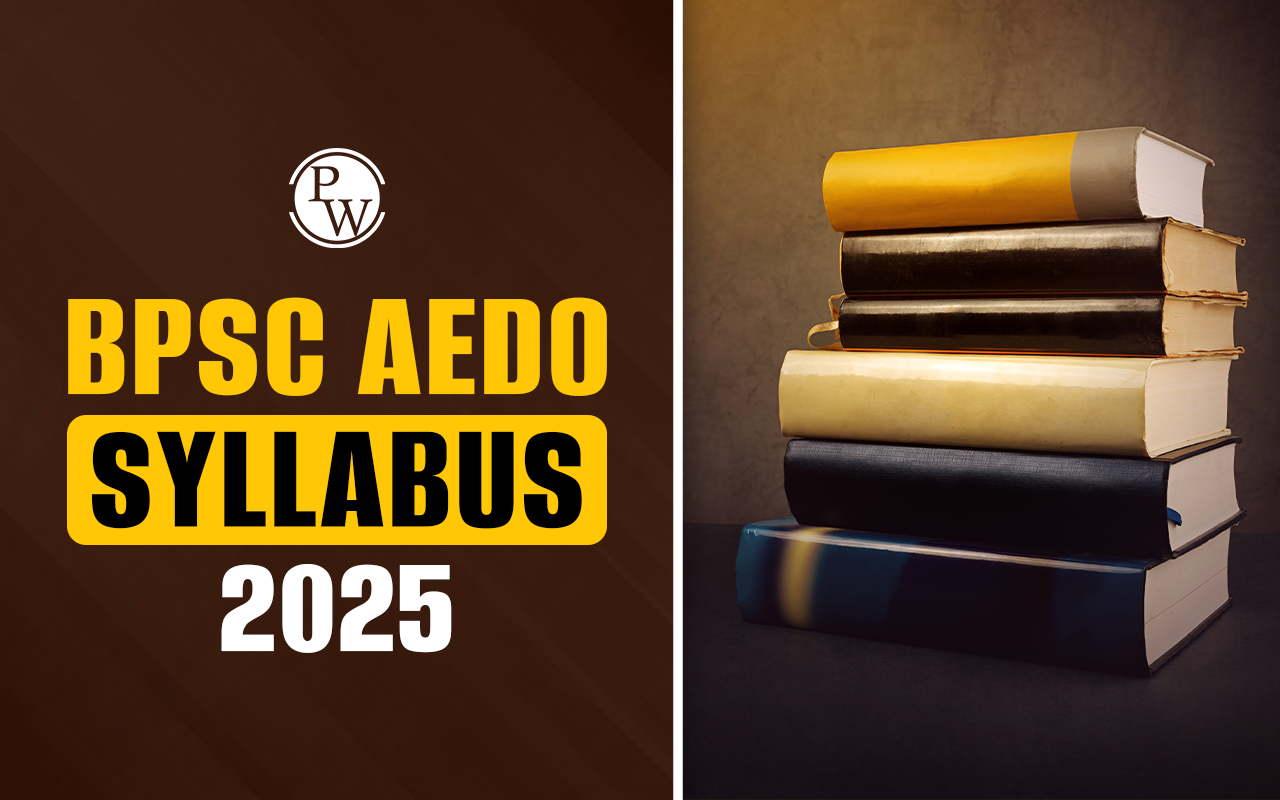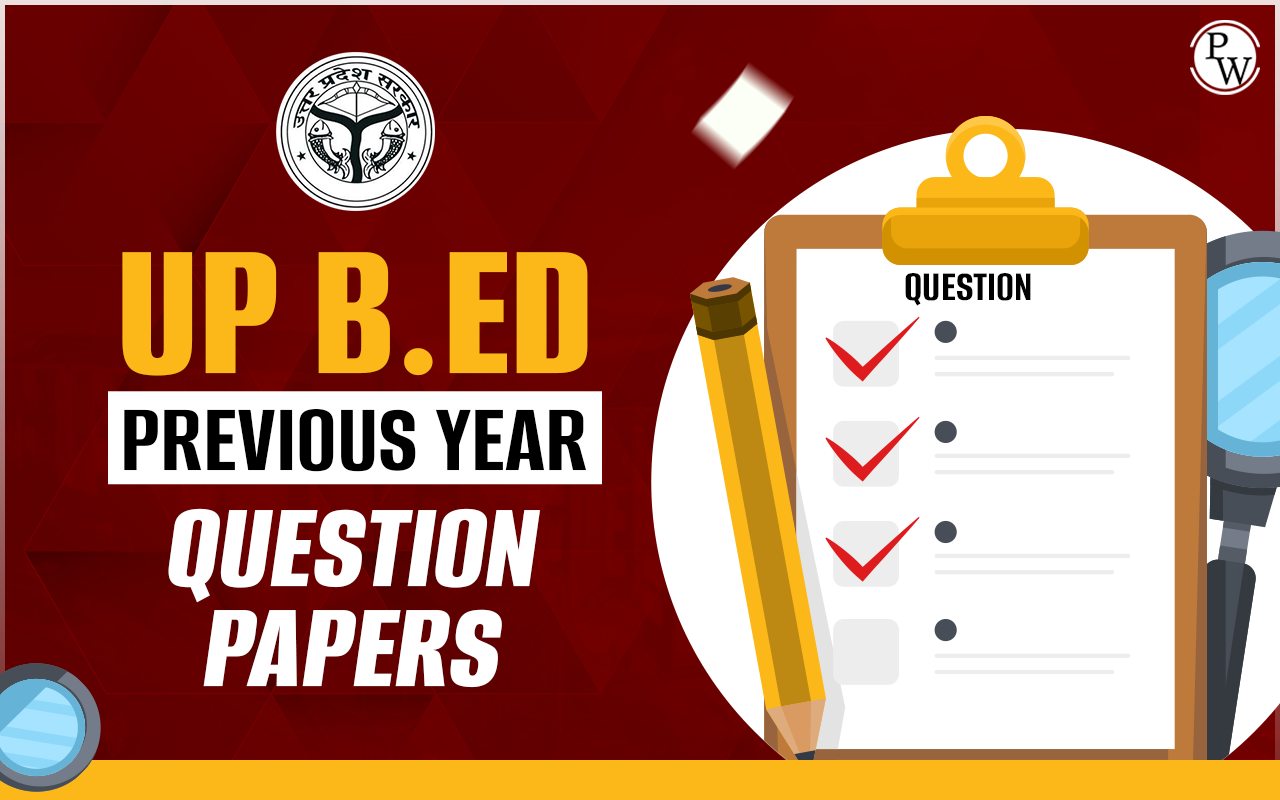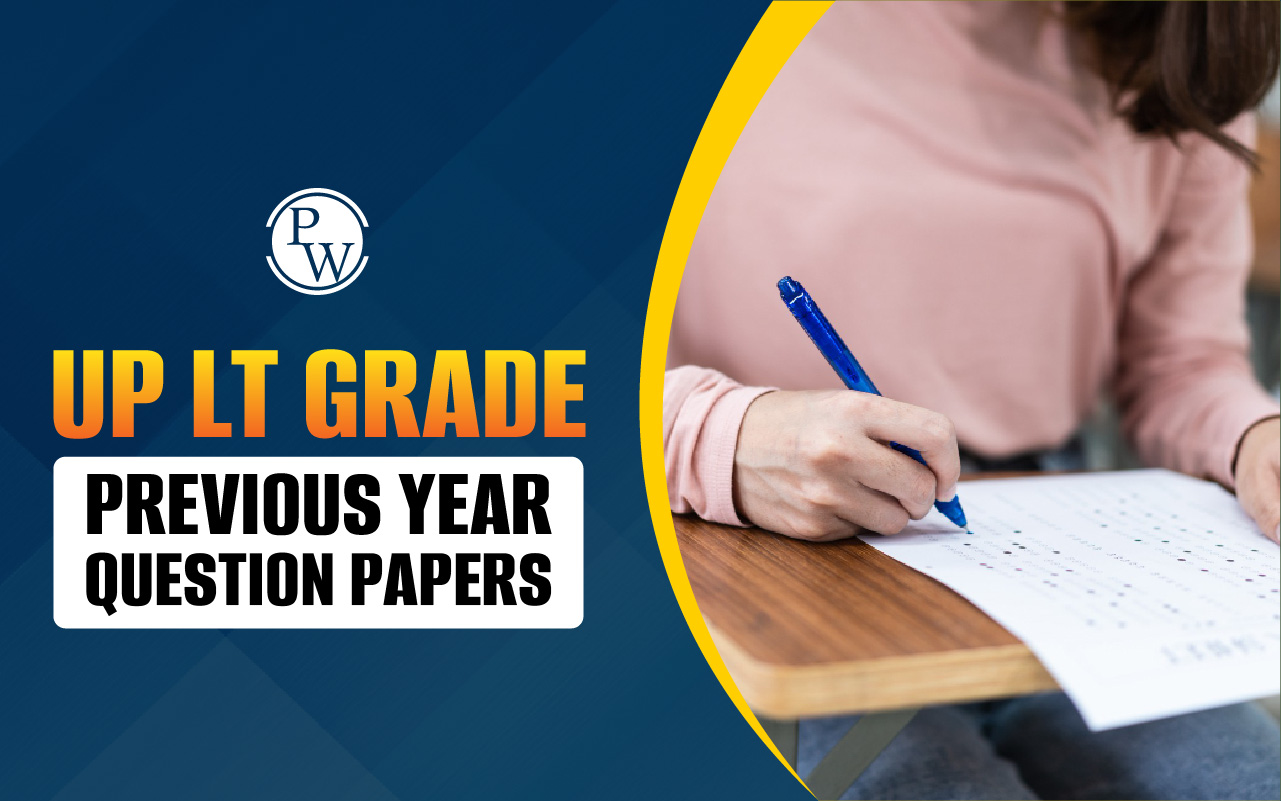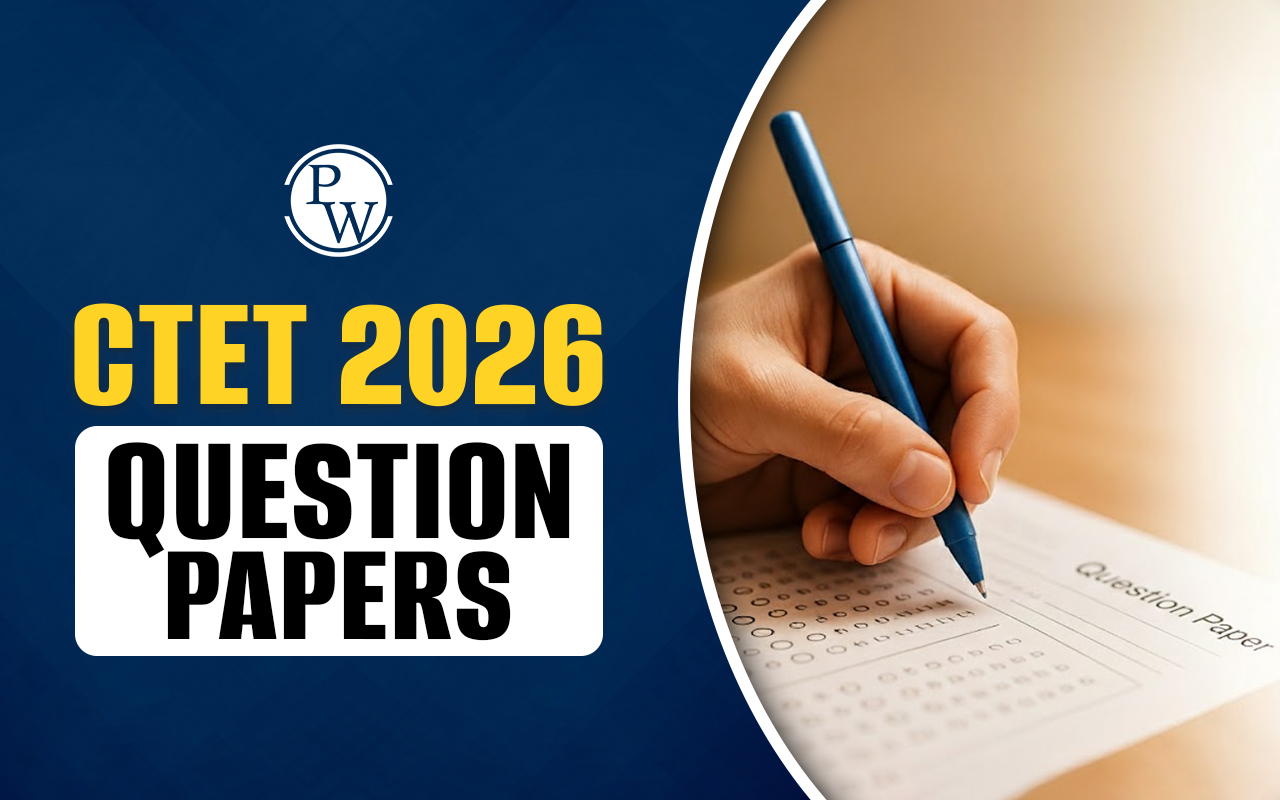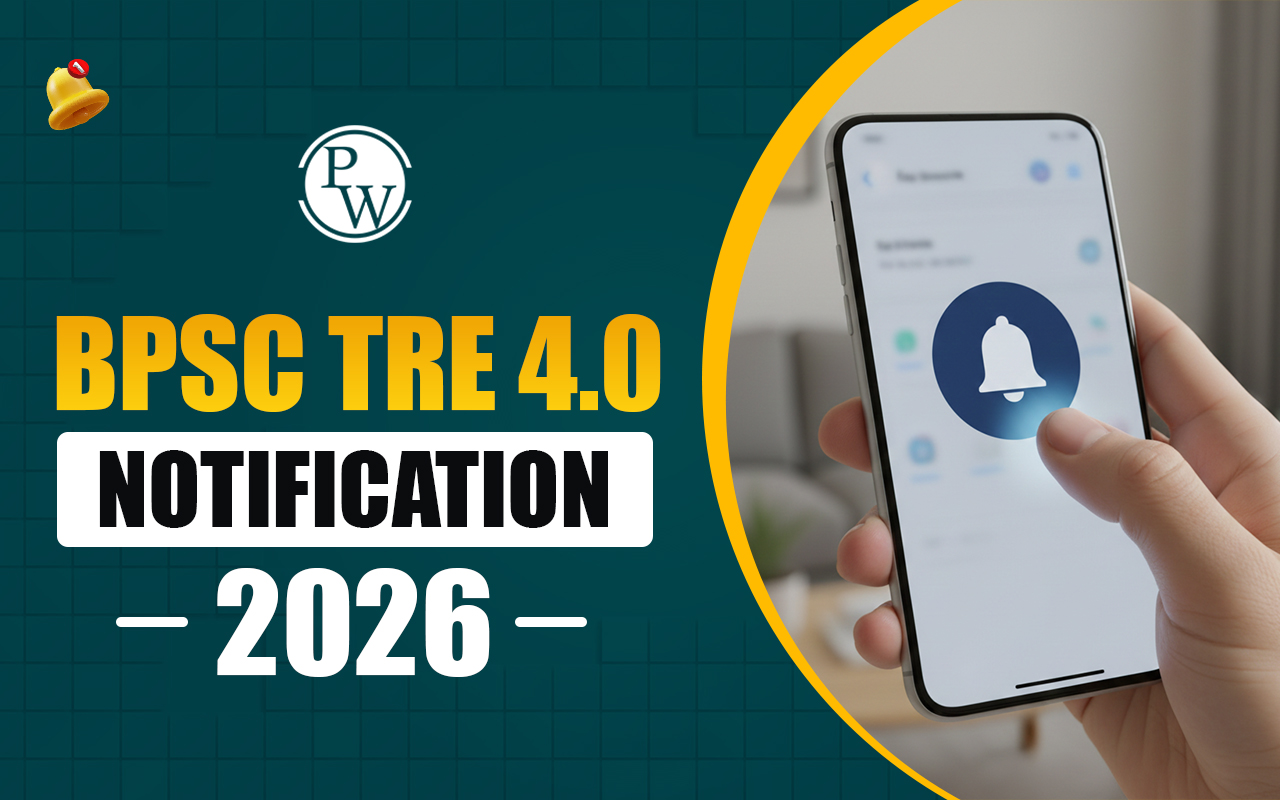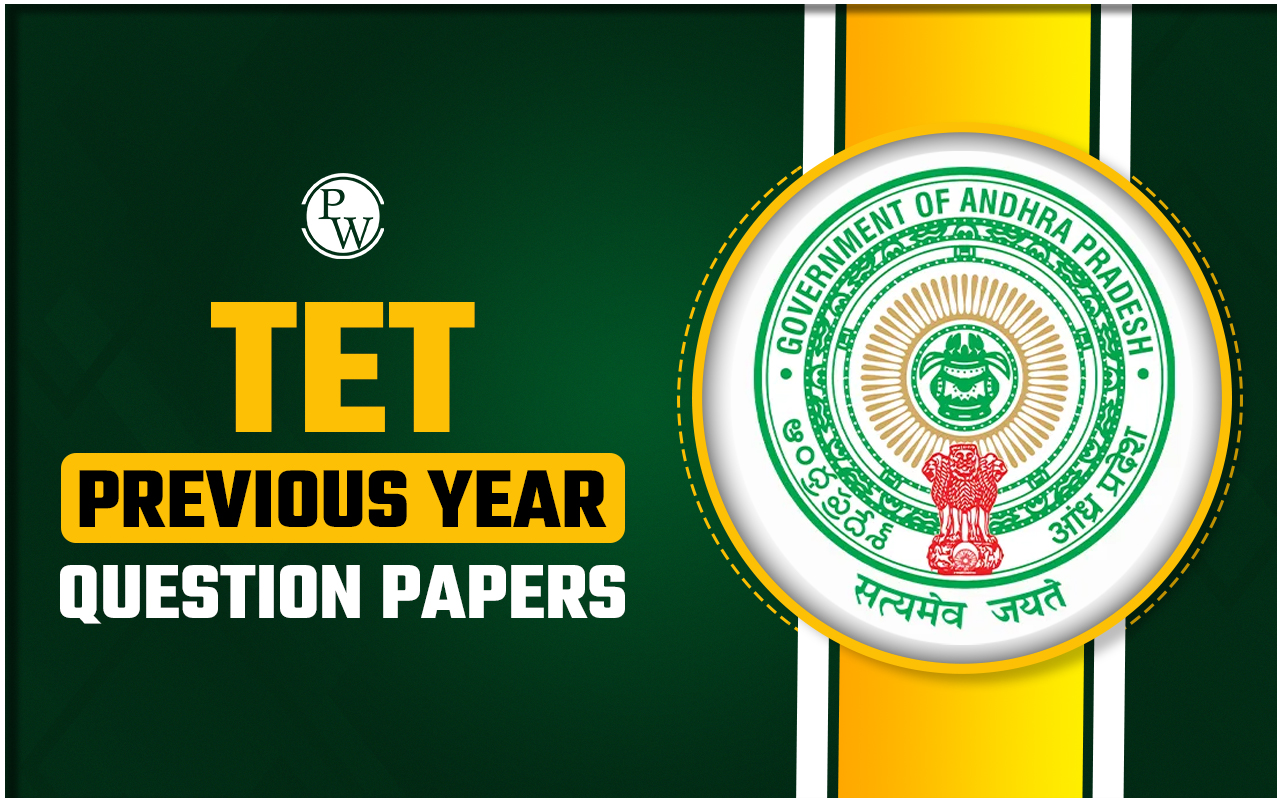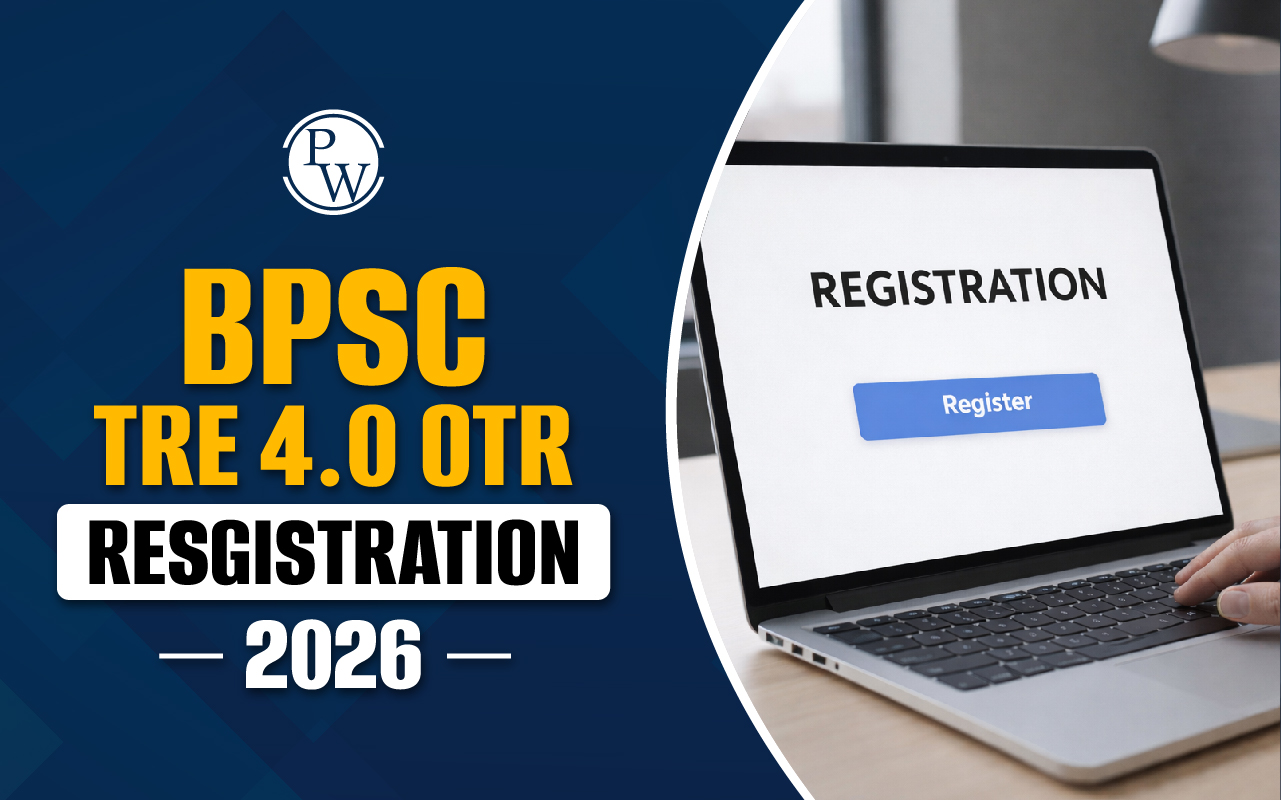
List of B.Ed Entrance Exams in India: The Bachelor of Education (B.Ed.) program is a professional course that is designed to train individuals aspiring to become educators. It enables teaching at the upper primary (classes VI-VIII), secondary (classes IX-X), and senior secondary (classes XI-XII) levels. The B.Ed. program, approved by the National Council of Teacher Education (NCTE), is a crucial exam for those aspirants seeking a career in teaching. The several competitive B.Ed entrance exams in India are conducted every year, which provides admission into esteemed universities and colleges. This guidepost will provide the B.Ed Entrance Exams in India, highlighting key details, exam patterns, and preparation tips.
Understanding the B.Ed Program
The B.Ed program is a two-year course divided into four semesters, approved by the National Council of Teacher Education (NCTE). It provides teacher trainees with theoretical knowledge, practical skills, and pedagogic expertise to meet modern educational demands. The curriculum emphasizes teaching aptitude, human development, communication skills, and ethical principles.
Objectives and Scope of the B.Ed Program
The curriculum for B.Ed Entrance Exams in India is drafted according to:- Enhance pedagogical practices through the use of technology and lifelong learning principles.
- Provide comprehensive internships for real-world teaching experience.
- Collaborate with educational agencies to expose candidates to diverse educational initiatives.
- Instill ethical and societal values alongside academic knowledge.
Eligibility Criteria for B.Ed Entrance Exams in India
To appear for B.Ed Entrance Exams in India, candidates generally need:- At least 50% marks in a bachelor’s or master’s degree in Science, Social Sciences, or Humanities.
- Engineering or Technology graduates specializing in Science and Mathematics with 55% marks.
- Other specific criteria as mandated by individual universities or states.
| Aspect | Details |
| Program Name | Bachelor of Education (B.Ed.) |
| Duration | 2 years (full-time, 4 semesters) |
| Eligibility Criteria | Bachelor's Degree (50% marks) in Science/Social Sciences/Humanities or Engineering (55% marks) |
| Mode of Study | Regular, full-time |
| Program Objectives |
|
| Curriculum Areas |
|
| Admission Procedure | Entrance Test (CET) or merit-based (depending on the university) |
| Number of Seats | 100 seats (70 Pre-service, 30 In-service) |
| Fees |
|
| Internship/Field Work | Mandatory as part of the curriculum to gain practical experience in schools |
| Assessment Method |
|
| Affiliation | Affiliated with Guru Gobind Singh Indraprastha University (GGSIPU), New Delhi |
| Accreditation | Approved by the National Council for Teacher Education (NCTE) |
| Program Highlights |
|
List of B.Ed Entrance Exams in India
The Bachelor of Education (B.Ed.) program is an essential course for individuals aspiring to become teachers at various educational levels and there are several B.Ed entrance exams in India that are conducted for admission to B.Ed. courses across different universities and colleges. These exams test the aptitude, knowledge, and subject-specific proficiency of candidates, ensuring they are well-prepared for a teaching career. Here is a comprehensive list of the top B.Ed Entrance Exams in India, their conducting bodies, tentative dates, and key highlights:| S.No | Exam Name | Conducting Authority | Exam Date (Tentative) | Eligibility | Mode |
|---|---|---|---|---|---|
| 1. | UP B.Ed JEE | Bundelkhand University, Jhansi | April 2025 | Bachelor’s Degree with 50% | Offline |
| 2. | IGNOU B.Ed Entrance | Indira Gandhi National Open Univ. | July 2025 | Bachelor’s Degree with 50% | Online |
| 3. | RIE CEE | NCERT | June 2025 | 10+2/Graduation with 50% | Online |
| 4. | MAH B.Ed CET | Maharashtra CET Cell | May 2025 | Bachelor’s Degree with 50% | Online |
| 5. | TS EDCET | Mahatma Gandhi Univ., Telangana | May 2025 | Bachelor’s Degree with 50% | Online |
| 6. | AP EDCET | Andhra University, Visakhapatnam | June 2025 | Bachelor’s Degree with 50% | Online |
| 7. | Bihar B.Ed CET | Lalit Narayan Mithila Univ. | May 2025 | Bachelor’s Degree with 50% | Offline |
| 8. | Punjab B.Ed CET | GNDU, Amritsar | May 2025 | Bachelor’s Degree with 50% | Offline |
| 9. | MP B.Ed Test | MPPEB | June 2025 | Bachelor’s Degree with 50% | Offline |
Top B.Ed Entrance Exams in India 2025
A comprehensive analysis of these major B.Ed Entrance Exams in India, highlighting their unique features, eligibility, and preparation tips, with a deeper understanding of each entrance exam allows candidates to strategize their preparation effectively.1. UP B.Ed Joint Entrance Exam (JEE)
This state-level exam is important for B.Ed aspirants in Uttar Pradesh. Conducted by Bundelkhand University, Jhansi, it evaluates candidates on their teaching aptitude and general awareness.
- Eligibility: A minimum of 50% marks in graduation or post-graduation. For engineering/technology graduates, 55% is required.
-
Exam Pattern:
- Paper 1: General Knowledge and Language (Hindi/English).
- Paper 2: General Aptitude and Subject-Specific Knowledge.
- Mode: Offline (pen and paper)
2. IGNOU B.Ed Entrance Exam
The Indira Gandhi National Open University conducts this exam, offering a flexible distance-learning B.Ed program. It is ideal for working professionals or those seeking a less conventional learning model.
- Eligibility: A bachelor’s degree with 50% marks and a teaching experience of at least two years.
-
Exam Pattern:
- Sections include General English, Logical and Analytical Reasoning, and Subject Awareness.
- Mode: Online.
3. RIE CEE (Regional Institute of Education Common Entrance Exam)
This national-level test by NCERT is for admission into the Regional Institutes of Education. It emphasizes teaching aptitude and language proficiency.- Eligibility: Graduation or Class 12 with at least 50% marks.
-
Exam Pattern:
- Mental Ability, Teaching Aptitude, and Language Proficiency (English and regional languages).
- Mode: Online.
4. MAH B.Ed CET
Maharashtra CET Cell organizes this state-level exam to evaluate a candidate's teaching potential. It is widely recognized for admission into Maharashtra’s top institutions.- Eligibility: Bachelor’s degree with 50% marks for general candidates (45% for reserved categories).
-
Exam Pattern:
- General Knowledge, Mental Ability, and Teaching Aptitude.
- Mode: Online.
5. TS EDCET (Telangana State Education Common Entrance Test)
This entrance test, conducted by Mahatma Gandhi University, is for B.Ed programs in Telangana. It focuses on the candidate's ability to teach and their understanding of general knowledge.- Eligibility: Graduation with 50% marks for general candidates (45% for reserved categories).
-
Exam Pattern:
- General Knowledge, Teaching Aptitude, and English Comprehension.
- Mode: Online.
6. AP EDCET (Andhra Pradesh Education Common Entrance Test)
Administered by Andhra University, this state-level exam is highly competitive and evaluates a candidate's aptitude in teaching and subject expertise.- Eligibility: Bachelor’s degree with a minimum of 50% marks.
-
Exam Pattern:
- General Knowledge, Teaching Aptitude, and Subject-specific knowledge.
- Mode: Online.
7. Bihar B.Ed CET
Lalit Narayan Mithila University conducts this entrance test for B.Ed colleges in Bihar. The exam is designed to test a candidate’s analytical and teaching skills.- Eligibility: Graduation or post-graduation with 50% marks.
-
Exam Pattern:
- General English, General Hindi, Logical and Analytical Reasoning, and General Awareness.
- Mode: Offline.
8. Punjab B.Ed CET
This exam, organized by Guru Nanak Dev University (GNDU), evaluates candidates in general and teaching aptitude to admit them to B.Ed programs in Punjab.- Eligibility: A bachelor’s degree with 50% marks for general candidates (45% for reserved categories).
-
Exam Pattern:
- Sections on General Awareness, Teaching Potential, and Language Proficiency.
- Mode: Offline.
9. MP B.Ed Test
Madhya Pradesh Professional Examination Board (MPPEB) conducts this test to determine candidates’ readiness for teaching.- Eligibility: A bachelor’s degree with 50% marks.
-
Exam Pattern:
- General Awareness, Teaching Aptitude, and Subject Knowledge.
- Mode: Offline.
Preparation Tips for B.Ed Entrance Exams in India
Preparing for B.Ed Entrance Exams in India requires a focused and strategic approach, as these exams assess a variety of skills such as general knowledge, teaching aptitude, reasoning, and subject-specific knowledge. Here are some essential preparation tips to help you excel in your B.Ed entrance exam:- Understand the Syllabus : Familiarize yourself with the specific syllabus of your chosen exam.
- Practice Regularly : Solve past papers and take mock tests to improve time management and accuracy.
- Strengthen Weak Areas : Focus on subjects or sections you find challenging, such as Teaching Aptitude or General Knowledge.
- Stay Updated : Keep track of current affairs for General Knowledge sections.
- Revise Thoroughly : Make concise notes for quick revisions closer to the exam date.
List Of B.Ed Entrance Exams in India FAQs
Q1. What are the top B.Ed Entrance Exams in India?
Q2. Who is eligible to appear for B.Ed Entrance Exams?
Q3. How to prepare for the B.Ed Entrance Exams in India?
Q4. Are B.Ed Entrance Exams conducted online or offline?
Q5. Is there any reservation policy for B.Ed Entrance Exams?
Q.6 Q6: What is the exam pattern for UP B.Ed JEE?



